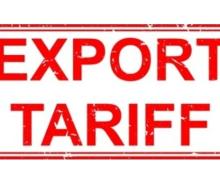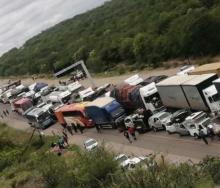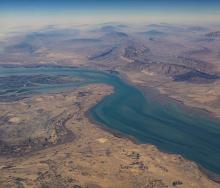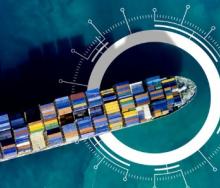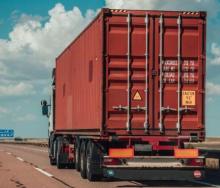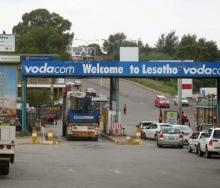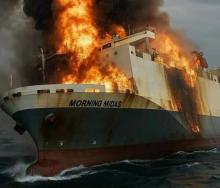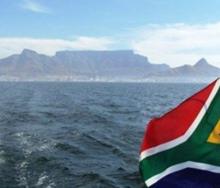The decision by Turkish maritime energy provider, Karadeniz Powership (Karpowership) to cut the electricity it is contracted to generate for Freetown over an unpaid bill, should come as a warning to South Africa.
Karpowership, which has been embroiled in litigation over a proposed 20-year contract to feed energy into Eskom’s failing grid, has said it is owed $40 million by Sierra Leone’s capital.
This has been confirmed by authorities in Freetown.
A South African organisation opposed to the deployment of power station vessels at the ports of Richards Bay, Ngqura and Saldanha Bay, The Green Connection, said the action taken by Karpowership in Freetown should come as a cause for concern.
The Green Connection, which is not alone in protesting against the R15 billion per year that Karpowership will charge to feed 1 220 megawatts into South Africa’s grid annually, has reiterated that the Freetown incident should be raising red flags over the hold that Karpowership could have over SA.
“We believe that Karpowership will be too expensive for a country like ours, whose economy has been severely weakened by poor governance, corruption and mismanagement.
“In addition to the load shedding crisis and the rising cost of everything, South Africa cannot afford to go down the same path as Sierra Leone," said the NGO’s community outreach coordinator, Neville van Rooy.
The Green Connection is opposing Karpowership’s proposed involvement to alleviate load shedding on environmental and legal grounds.
But Electricity minister, Kgosientsho Ramokgopa, believes Karpowership could help save South Africa from ongoing electricity issues, despite the R200 billion it will cost the country over a 20-year period.
Civil society organisations like The Green Connection, Organisation for Undoing Tax Abuse and power grid experts agree that at the projected cost of R15 billion per annum, an extra 1 220 MW into South Africa’s energy mix is not worth it.

